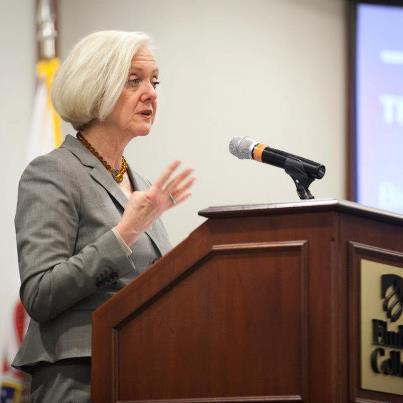A Mother’s Day Reflection
With its controversial cover picturing a hip, sexy mom breastfeeding a toddler, Time magazine fanned the fires of the “mommy wars.” That, along with yet another disappointing Mother’s Day sermon, got me thinking again about parenting.
The Time story, “Are You Mom Enough?,” focuses on Dr. Sears (a Catholic from St. Louis), who started the attachment parenting movement in the 1990s in response to the more regimented parenting style recommended by Dr. Spock and sleep training guru Dr. Ferber. Instead, Dr. Sears recommended responding quickly to babies’ cries, co-sleeping, breastfeeding, and baby-carrying.
The article points out that though there is solid research to support the need of infants for secure attachment, there is not nearly enough data to conclude that bottles, strollers, bouncy seats, and cribs will ruin a child for life. It calls for a bit less self-righteousness and a little more tolerance.
Similarly, a recent article in the New York Daily News, “Call a Truce in the Mommy Wars,” asks working moms and stay at home moms to stop demonizing each other and recognize that, despite the battle ignited by the comments of Democratic strategist Hilary Rosen about Ann Romney, they have more in common than they think.
As a Catholic mother, I appreciate the call for tolerance. In the mid-1990s when my three boys were young, I was attracted to attachment parenting but I was far from orthodox. I nursed each boy, but only for about a year. I worked, but only part-time. My husband and I used baby carriers, but we weren’t opposed to strollers or bouncy seats. We even tried co-sleeping, though the kicks of our oldest quickly convinced us that this would not be our thing. Except when it was, like when the kids were sick or afraid. With three boys in five years, we tried everything and embraced what worked. Looking back, do I worry that we made the wrong choices at some points? Sure. But I have to hope we communicated our love and care the best we could.
In truth, I think the most important things we did came later. In Familiaris Consortio, Pope John Paul II calls families to raise their children well:
In a society shaken and split by tensions and conflicts caused by the violent clash of various kinds of individualism and selfishness, children must be enriched not only with a sense of true justice, which alone leads to respect for the personal dignity of each individual, but also and more powerfully by a sense of true love, understood as sincere solicitude and disinterested service with regard to others, especially the poorest and those in most need. The family is the first and fundamental school of social living: as a community of love, it finds in self-giving the law that guides it and makes it grow. . . And the communion and sharing that are part of everyday life in the home at times of joy and at times of difficulty are the most concrete and effective pedagogy for the active, responsible and fruitful inclusion of the children in the wider horizon of society. (No. 37)
While the early years of nursing and carrying are hard physically and emotionally, more difficult still is the ongoing task of rearing. It is no easy thing to make a home a communion of love, a school of virtue. It involves hundreds of choice made by both parents, about how they approach their work, share household tasks justly, find time for each other and their kids, communicate their love, value their children’s choices, challenge their children when they need to called out, sacrifice time and money for the needy, and humbly accept imperfection in everything and everybody.
Especially on Mother’s Day, it is worth remembering that the most important thing Christian mothers do is parent. On that count, I’m betting my kids will remember our dinner table conversations and the letters I write them every year on their birthdays far more than the years I nursed and held them (though I hope all of that made some difference, too). And as they begin to make their way into the world without me, I trust that they will carry with them a sense of our family as a community of love as well as a desire to share that love with other human beings. And I pray that I was “mom enough” for them.


